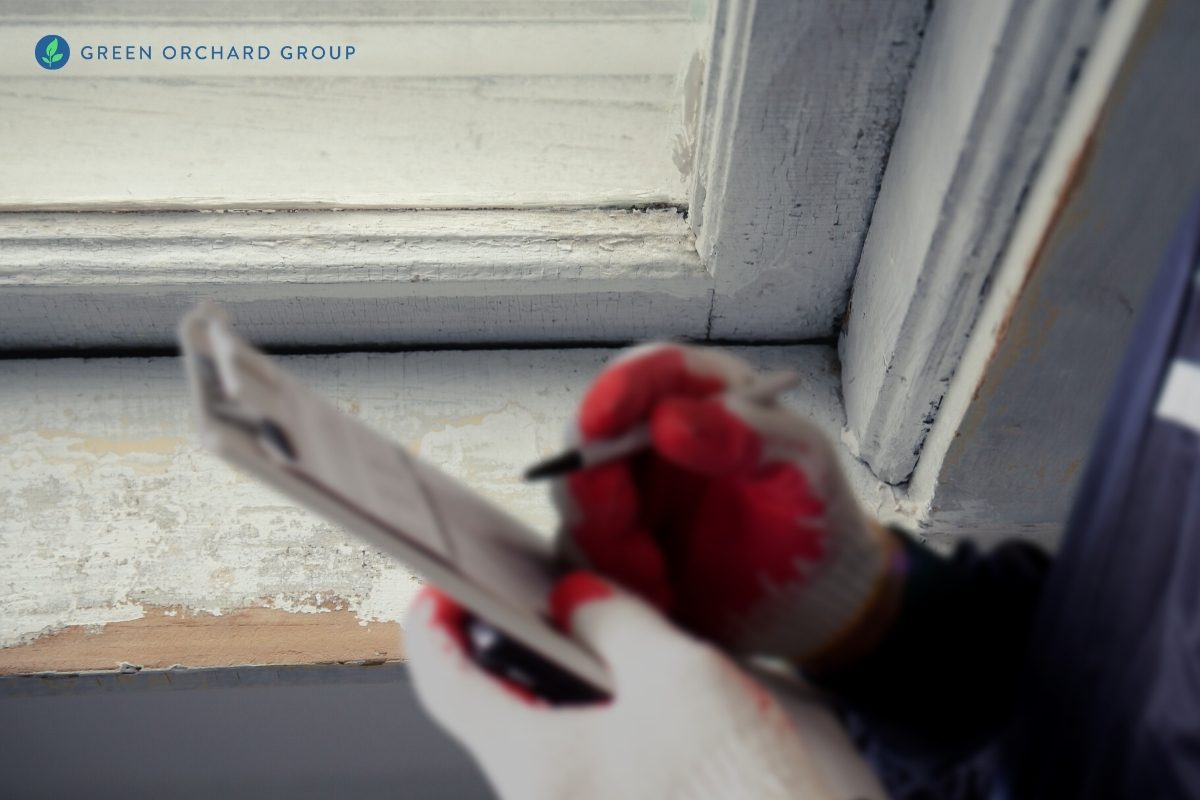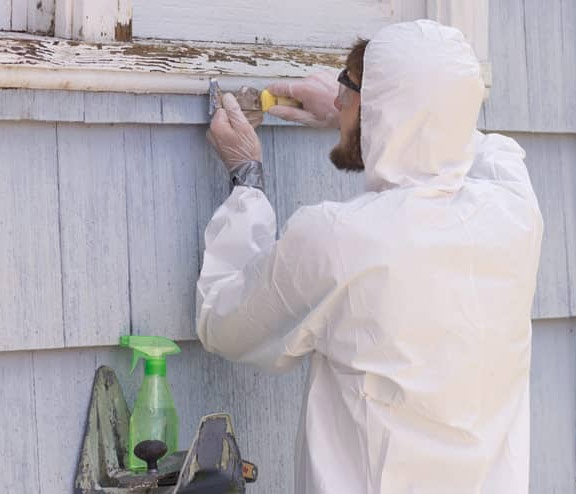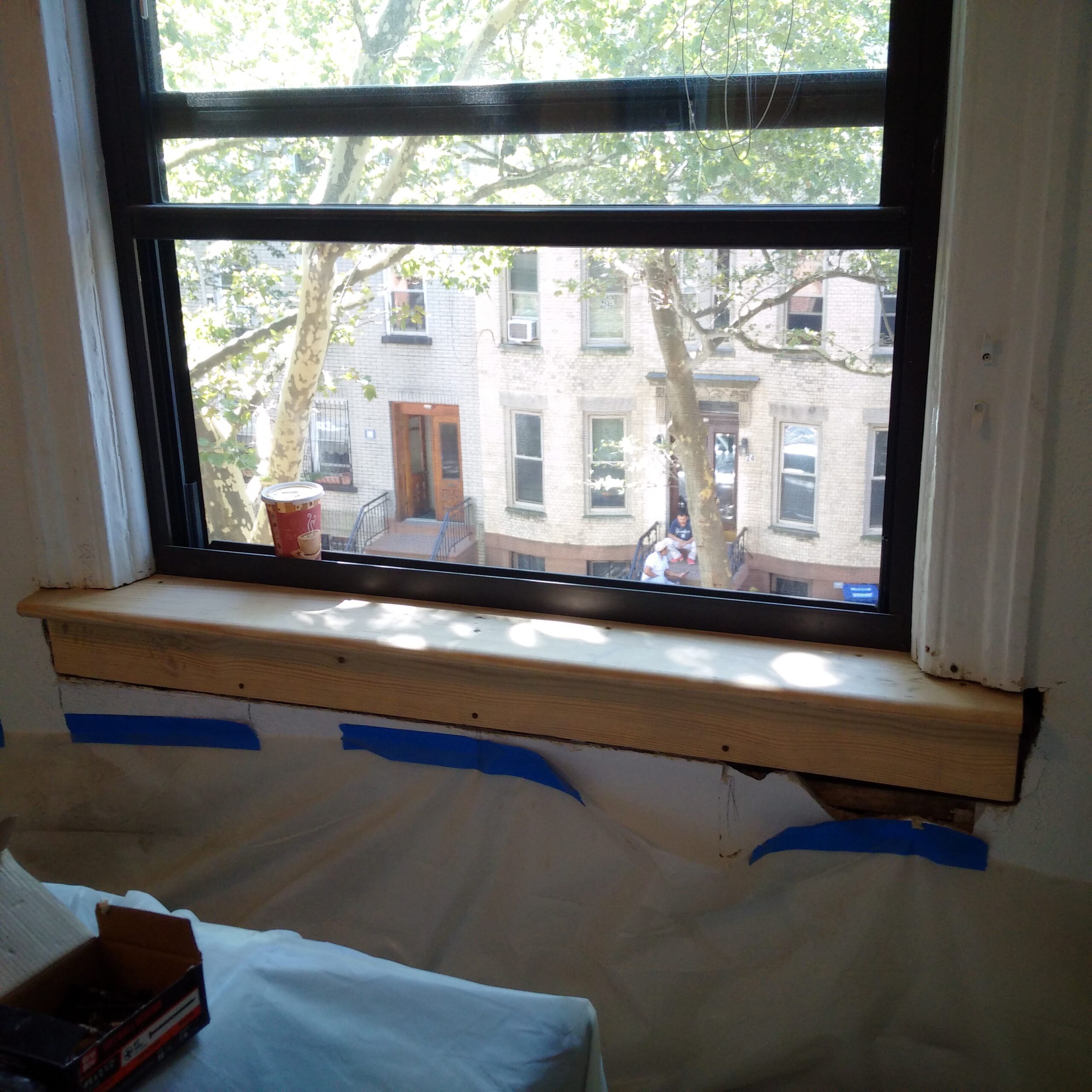Comprehensive Guide on Effective Lead Infraction Elimination Techniques
In the world of environmental safety and security, addressing lead infractions requires a thorough and organized approach. This detailed overview starts by highlighting the crucial preliminary steps of determining lead dangers via innovative analysis and screening approaches. Techniques such as XRF analysis and dirt clean tasting are indispensable in pinpointing contamination sources. Furthermore, the overview specifies on the value of adhering to rigid safety protocols during the removal process, including making use of proper PPE and separating influenced locations (Lead Paint Removal Company). The subsequent areas assure to go over post-removal verification and preventative approaches, making certain long-lasting security and compliance. Discover the detailed information that make these techniques not simply reliable however essential.
Identifying Lead Dangers
Identifying lead threats is an important first step in minimizing the risks linked with lead exposure. Lead, a hazardous steel, can be present in different ecological mediums, consisting of paint, soil, water, and dirt. It poses serious wellness risks, especially to youngsters and pregnant ladies, leading to neurological damage and developing hold-ups. For that reason, exact recognition of potential lead sources is necessary for efficient removal.
The first stage in recognizing lead hazards involves comprehending usual lead resources within the constructed setting. Frameworks constructed prior to 1978 are specifically at risk as a result of the prevalent use lead-based paint during that duration. In addition, dirt contamination can happen from degrading outside paint, industrial exhausts, or historic usage of leaded fuel.
One more significant resource is lead piping and pipes components, which can leach lead right into drinking water. Durable goods such as playthings, ceramics, and imported products might also contain hazardous lead degrees. Notably, work-related atmospheres and hobbies involving lead can track contaminants right into homes.
Analysis and Screening
When resolving lead dangers, efficient assessment and screening are critical. This critical action guarantees the identification and quantification of lead presence, therefore assisting subsequent remediation initiatives. Preliminary assessment commonly includes a visual examination to determine prospective lead sources, such as degrading paint or contaminated dirt. This is matched by even more extensive screening methods to ascertain the extent of contamination.

Dirt clean tasting is another important technique, especially in property setups. By collecting samples from floors, windowsills, and various other surface areas, this method offers understandings right into possible exposure risks. Additionally, dirt screening around structure borders is important to find lead contamination that can posture hazards, especially to kids.
Safe Removal Procedures
Upon finishing thorough analysis and screening, applying secure elimination treatments is the next vital phase in dealing Continue with lead risks. This process guarantees that lead-contaminated materials are effectively and securely gotten rid of, decreasing threat to both employees and locals. The very first step entails separating the afflicted area using plastic bed linen and appropriate sealing techniques to prevent the spread of lead dirt.
Workers should wear ideal personal safety devices (PPE), including respirators, handwear covers, and non reusable coveralls, to reduce direct exposure. Utilizing specialized tools and damp techniques, such as wet fining sand or utilizing HEPA-filtered vacuums, lowers the dispersion of lead particles. It is critical to prevent dry fining sand or unpleasant blasting, as these methods can create unsafe lead dust.
Waste disposal is one more crucial component; all pop over to these guys infected products need to be securely gotten and classified according to EPA and local laws. Furthermore, comprehensive cleansing of the workspace with HEPA vacuums and damp wiping makes certain the removal of recurring lead particles.
Post-Removal Confirmation

Confirmation of effective lead elimination, known as browse around this web-site post-removal confirmation, is important to make sure the safety and habitability of the remediated area. This procedure involves a series of careful assessments and tests created to identify any residual lead bits that might posture health dangers. The preliminary action typically includes a visual assessment to analyze the completion and quality of the remediation work. This assessment makes certain that all known sources of lead have been dealt with and that no visible indications of contamination stay.
Complying with the visual examination, environmental tasting is performed. This entails accumulating dirt, soil, and in some cases water samples from the remediated area. Accredited research laboratories evaluate these examples to determine lead levels, ensuring they fall listed below the security thresholds established by regulatory bodies such as the Epa (EPA)
On top of that, air top quality screening may be performed to detect air-borne lead bits, particularly in cases where comprehensive lead-based paint elimination or remodelling has taken place. The results of these examinations provide measurable data validating that the lead levels are within permitted restrictions.
Eventually, post-removal verification functions as an important checkpoint, verifying the effectiveness of the lead reduction initiatives and guarding the health of passengers and site visitors.
Safety Nets and Upkeep

A vital safety net includes the usage of lead-safe accredited service providers for any type of renovation, fixing, or painting tasks. These professionals are trained in techniques that reduce lead dirt and particles. Furthermore, keeping painted surface areas to prevent damaging or peeling is necessary, as deteriorating paint can release lead fragments right into the environment.
Educational efforts targeting residential or commercial property proprietors and renters concerning the risks of lead and the relevance of reporting any type of potential risks can better boost precautionary efforts. Regular cleansing making use of HEPA vacuums and wet mopping methods can dramatically reduce lead dust build-up.
Conclusion
In recap, effective lead offense elimination necessitates a thorough technique encompassing thorough analysis, accurate screening, and rigid removal treatments. Ongoing examinations and upkeep are essential to reduce future lead risks, therefore protecting public health and wellness and guaranteeing continual compliance with governing requirements.